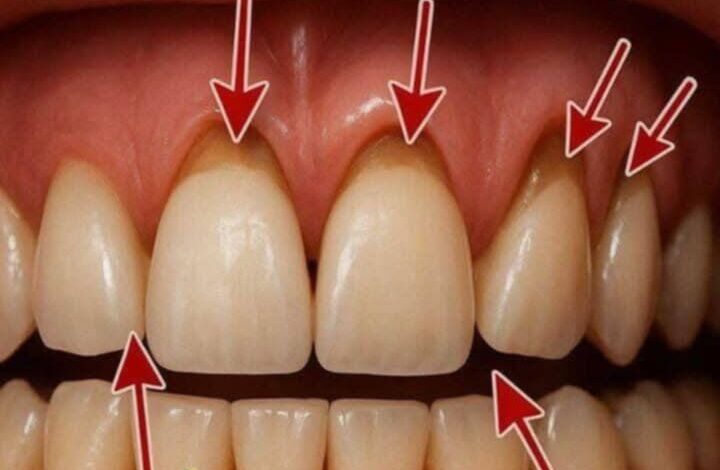10 Natural Solutions for Optimal Gum Health at Home

Are you concerned about maintaining healthy gums? Periodontal concerns affect millions of Americans annually, with many seeking effective home care solutions alongside professional dental treatment. This guide explores evidence-based natural approaches to support your oral hygiene routine.
Understanding Gum Health Challenges
Gum tissue inflammation occurs when plaque accumulates along the gumline and hardens into tartar, potentially leading to gum recession, tissue damage, and even tooth mobility if left unaddressed.
Several factors can increase your risk of developing gum health issues:
- Tobacco use
- Hormonal fluctuations
- Blood sugar management difficulties
- Certain prescription medications
- Genetic predisposition
Early warning signs of gum sensitivity include redness, swelling, and occasional bleeding during brushing. Without proper care, these symptoms may progress to more serious concerns affecting the supporting structures around your teeth.
Foundation of Good Oral Hygiene
The cornerstone of maintaining healthy gums includes:
- Thorough brushing twice daily with a soft-bristled toothbrush
- Daily flossing or using interdental cleaners
- Using antimicrobial mouth rinses
- Scheduling regular professional dental cleanings
- Following a balanced diet rich in nutrients that support oral health
10 Natural Approaches to Support Gum Health
While professional dental care remains essential, these evidence-based home remedies may provide complementary support:
1. Warm Salt Water Rinses
Create a simple solution by dissolving 1/2 teaspoon of sea salt in 8 ounces of warm water. Gently swish for 30 seconds after brushing to help reduce gum inflammation and create an environment less hospitable to bacteria.
2. Diluted Hydrogen Peroxide
A 1:1 mixture of 3% hydrogen peroxide and water can be used as an occasional rinse to help manage oral bacteria. Always dilute properly and avoid swallowing.
3. Tea Tree Oil Applications
Add a drop of high-quality tea tree oil to your toothpaste or mix a drop with a tablespoon of coconut oil for a natural approach to oral care. Its natural properties may help support gum health.
4. Coconut Oil Pulling
This traditional Ayurvedic practice involves swishing 1-2 tablespoons of coconut oil in your mouth for 15-20 minutes before brushing. Many practitioners believe it helps reduce plaque buildup and supports overall oral hygiene.
5. Baking Soda Paste
Create a smooth paste using baking soda and water to help neutralize acids in the mouth and gently clean along the gumline without abrasion.
6. Aloe Vera Gel Application
Pure aloe vera gel applied directly to irritated gum tissue may help soothe discomfort and support the natural healing process.
7. Green Tea Consumption
Drinking unsweetened green tea provides antioxidants that may benefit your oral environment. Consider enjoying 1-2 cups daily as part of your overall wellness routine.
8. Cranberry (Unsweetened) Products
Pure, unsweetened cranberry juice or supplements may help reduce bacterial adhesion in the mouth. Always choose options without added sugars.
9. Vitamin C Rich Foods
Incorporating foods high in vitamin C like citrus fruits, strawberries, and bell peppers supports collagen production, which is essential for gum tissue integrity.
10. Coenzyme Q10 Supplements
Some research suggests CoQ10 may support gum tissue health. Consider discussing this supplement with your healthcare provider.
Integrating Natural Approaches with Professional Care
These natural solutions work best when combined with:
- Regular professional dental examinations
- Professional dental cleanings at intervals recommended by your dentist
- Prompt attention to any changes in your oral health
- Open communication with your dental care team about complementary approaches
Remember that natural remedies should supplement, not replace, professional dental care. Maintaining optimal oral health requires a comprehensive approach that includes both home care and regular professional treatment.
By incorporating these natural solutions into your daily oral hygiene routine, you may help create an environment that supports healthy gums and overall oral wellness.
Note: Always consult with your dental professional before beginning any new oral health regimen, especially if you have existing gum concerns, dental work, or medical conditions.